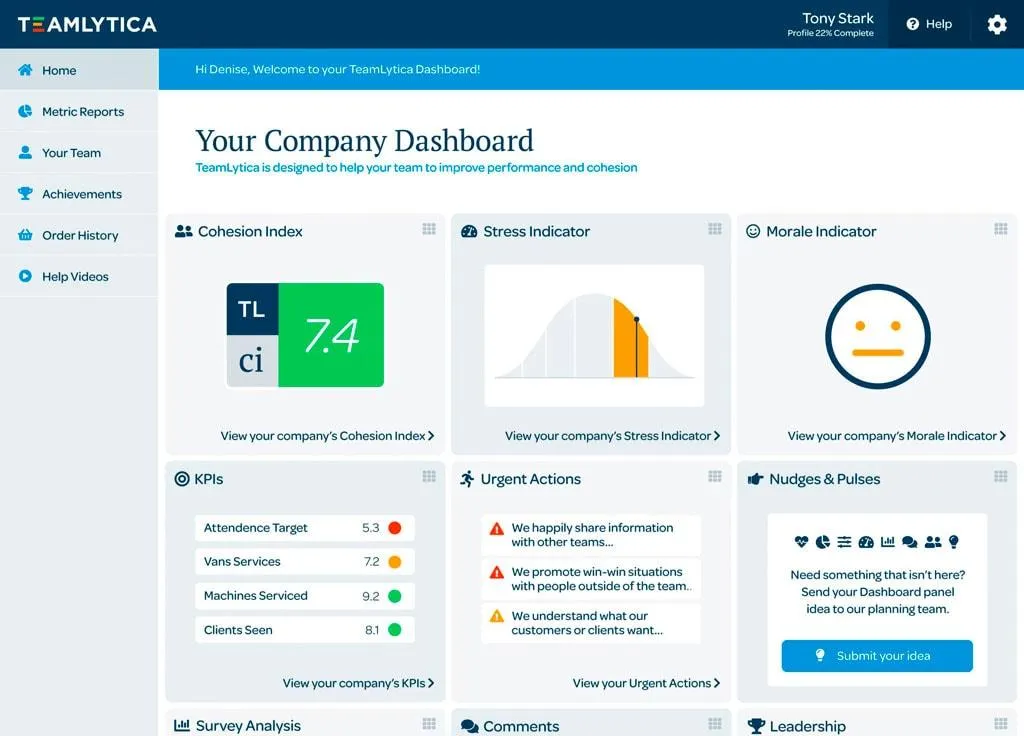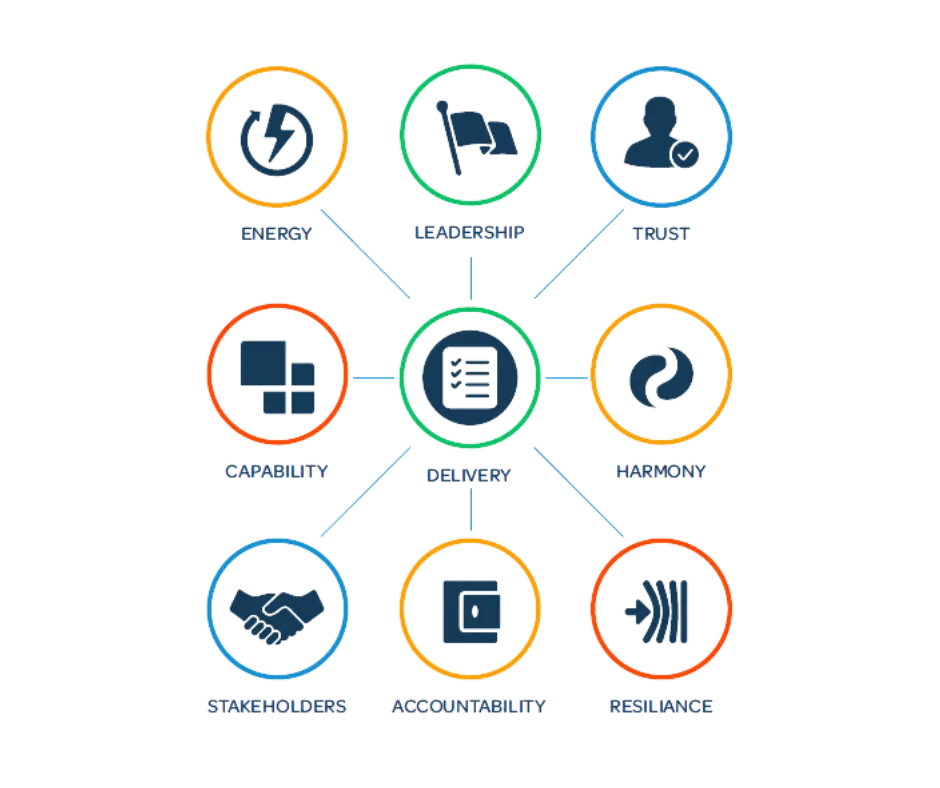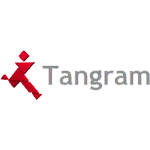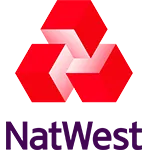SOLUTIONS
TeamLytica empowers coaches. Our training and support will ensure you have the right level of knowledge to be able to coach teams as well as individuals. Then our reporting platform gives you a strong structure, providing you with a foundation that you can build on with your own knowledge and experience.
Coaches that use TeamLytica will have:
✓
The knowledge to coach teams as well as individuals
✓
Greater confidence through the dedicated support that TeamLytica provides
✓
The ability to provide immediate quick wins in terms of actionable solutions with clients, ensuring you can make a tangible difference with ease
✓
Greater credibility as you can prove you get results
✓
The ability to track team progress over time, which can be related back to KPIs, OKRs, appraisals, sickness levels, retention, and a reduction in stress levels for managers – all helping you to prove an ROI
✓
Access to a tool that complements psychometric tests, adding to your tool box
✓
The chance to add more value more quickly to senior leaders, which means you’ll earn their trust and they can make more of an impact
✓
A practical offering to sell to clients
✓
A structured way of working
✓
Pragmatic resources to help you run your business, from booking in systems to high end reports
✓
A tool that can help you approach new customers, and something to discuss with old/existing customers, helping to maintain profitable relationships.
✓
A key differentiator in the market
✓
The ability to use your own competences to best effect.
✓
A wealth of insight that can be applied across a whole business.
✓
The ability to run team days, providing extra services and extra income.
✓
The option to move from functional (lower cost and replaceable) to vital (you can put your prices up) in the eyes of your clients.
To find out more and to see if you qualify for TeamLytica Accreditation, please complete our pre-qualification questionnaire
Training & Support
To become a TeamLytica accredited user, you must complete our one day training course. This will give you insight into team coaching as well as how to use TeamLytica as part of your coaching style for best effect.
All of our training is completed online in a one day course, and you must meet certain criteria before you are accepted on to the course. To find out more and to see if you’re eligible complete our questionnaire:
Our one day course covers:
How team coaching differs to individual coaching
Getting the best out of leaders
Psychometric profiling, staff engagement and staff surveys
Reviewing the coach’s tool box
Key metrics to review:
-Team Cohesion, Team Stress, Team Moral
-The Nine categories and 54 questions
Interpreting results and setting actions with your clients
Setting up TeamLytica
Selling TeamLytica to your new and existing client base
Creating six months of work for you from each report
Benchmarking
Team360
TeamLytica Support

To find out more and to see if you qualify for TeamLytica Accreditation, please complete our pre-qualification questionnaire
Further Training
For our accredited partners, we allow them to choose to do our additional course to help secure extra income.
Team-day Training
This will be a one day face-to-face course, and it will cover the following elements:
How team coaching differs to individual coaching
Getting the best out of leaders
Activities to build the team
Team-day basics
Action planning
Keeping the team onboard
How to promote and sell the team-day
Ongoing relationship building and additional resources
Benchmark reporting
Team360 refresh
To find out more and to see if you qualify for TeamLytica Accreditation, please complete our pre-qualification questionnaire

Nine Categories

Energy
Every organisation has a culture which shapes and steers it behaviours and activities. This is the same for teams. Successful teams have a positive ‘can-do’ culture which is usually coupled with high levels of energy or drive within the team. This may come from dynamic leadership, the team members themselves, or ideally a combination of both. Nurturing a positive culture and encouraging high energy levels is the role of every team member, and especially the leader.

Leadership
Leading a team is a critical skill within any organisation. A leader should be an excellent team manager, have good situational awareness and be able to offer clear and concise communication to those around them. The leader should demonstrate high levels of personal resilience and integrity, while being able to motivate and manage a diverse group of people and skills to get the job done.

Trust
This is obviously critically important for teams to function at a high level. We don’t have to be friends with each other, but we do need to get on and respect one another. Simple, human interactions are necessary for teams to function. Politeness, respect and having some fun together all help to build solid relationships and aid the team’s outputs.

Capability
The team should know what is expected of them, and how this is broken down per individual. This should all link to the overall direction and vision of the team – ‘if you don’t know where you’re going, you won’t know when you get there’. The team also needs to know the vision is an achievable goal within their capabilities. A strong passion for development and learning helps great teams consistently build on their capabilities.

Delivery
Getting the job done is why people are employed. Each person must fulfill their own job role, but people have to interact well to get their job done. The whole team must deliver its function, and everyone needs to understand how their own role fits. The team needs clear objectives and a plan on how to achieve this. When things are not going well, it’s about pulling skills and resources together. When the team are on top of things, it’s about sharing and celebrating success.

Harmony
Communication should not be mistaken for just talking. It’s a critical two-way process that requires energy and engagement from all those involved. It requires respect for and an appreciation of a diversity of opinions. In successful teams, people are comfortable expressing and listening to opinions that are different and having a constructive dialogue to make optimal choices.

Stakeholders
Teams do not operate in isolation from others, and those that work well with their stakeholders achieve more. Inter-team relationships need to be functioning at a high level in order to deliver the company targets and outcomes. Relationships with customers and suppliers of the team also need to be nurtured.

Accountability
Teams are being asked to work in ever more isolation from central management. To be effective, teams must fully understand their roles and responsibilities – both during normal operating practices and when things change with little notice. Teams need to be well led and supported to deliver on their goals and objectives, and they must be committed to achieving agreed goals.

Resilience
Change is no longer the exception – it is often the norm. At the same time, organisations require more for less and teams are expected to achieve more too. This in turn generates more pressure on the team. In addition, when things get tough, resilience is key. To have a resilient team you need the team members to be strong, confident and well supported.

Anita Devi
Director
TeamWork ADL
The team reports have really helped our team and given our senior leaders the knowledge we've needed to make effective changes to the way we work and manage.

Stuart Rose
Managing Director
Fire Event
We're a team building company and we've used the TeamLytica reports on a number of times. They really help us identify the areas where teams need immediate help.

Steve Chown
Entrepreneurial Innovation Manager
TeamLytica's software has been identified as a valuable tool to check the effectiveness of newly combined teams in the Bank. We are using it to review their progress as the staff become more integrated.












